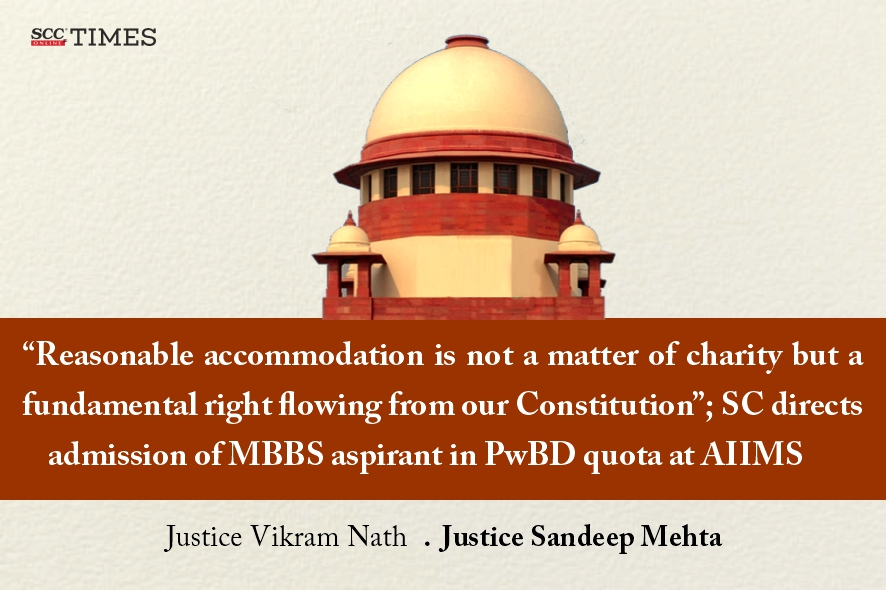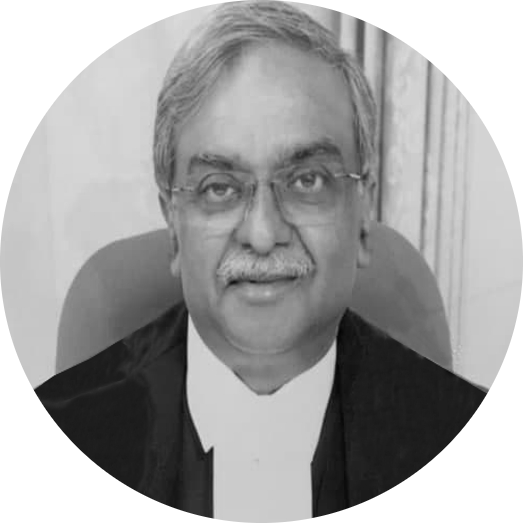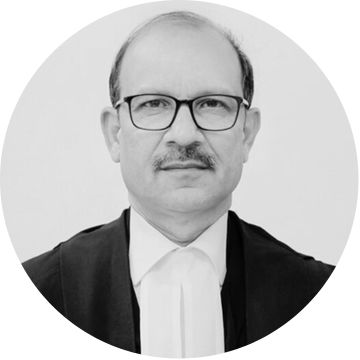Supreme Court: In an appeal filed by a person with a benchmark disability (‘PwBD’) who belongs to the reserved category of Scheduled Caste and aspires for admission to the MBBS UG course, the Division Bench comprising Vikram Nath and Sandeep Mehta*, JJ., while setting aside the impugned order, directed that the appellant to be allocated a seat in the MBBS UG course for 2025, against the Scheduled Castes PwBD quota, at the All-India Institute of Medical Sciences, New Delhi (‘AIIMS, New Delhi’), in the forthcoming academic session
Background
Having been denied admission to the MBBS course despite securing a high merit position in his category, i.e., Scheduled Castes-PwBD quota, the appellant approached the High Court of Delhi by filing a Writ Petition, which was rejected by the Court. The appellant also preferred Letters Patent Appeal, which was subsequently dismissed by the Division Bench of the High Court by the impugned order. Aggrieved, the appellant filed the present appeal.
Analysis and Decision
The Court took note of its previous order dated 02-04-2025, wherein it had directed the constitution of a fresh Medical Board at the AIIMS, New Delhi. The Board was to comprise five doctors/specialists, with one member being a specialist in locomotor disabilities and another being a Neuro-Physician.
The Court took note of the Medical Board report dated 24-04-2025 and noted that it clearly highlighted the appellant’s successful demonstration of skilled techniques in the simulation laboratory, including chest compressions, intravenous cannulation, assembly of a laryngoscope, intubation, and suturing. The Medical Board, in its report, observed that the appellant effectively demonstrated functional adaptation using his existing digits while performing these tasks. The only minor challenge faced by the appellant during the entire procedure was the difficulty in putting on the sterilized standard gloves.
The Court stated that the mindset must change, and emphasized that this trivial aberration, by no stretch of the imagination, could serve as a valid ground to deny the appellant admission to the MBBS UG course, especially when he was otherwise qualified and has secured an exceptionally high rank in the NEET-UG 2024.
The Court noted that, according to the result of NEET-UG 2024, the appellant secured an All-India Rank of 147946. His Scheduled Caste category rank was 7252, and his PwBD category rank was 176. The appellant had also submitted details of the provisional NEET-UG 2024 counselling seat allotment (Round 1), which showed that a candidate with Roll No. 14491, who ranked 159816, was allocated a seat at AIIMS, New Delhi under the Scheduled Castes PwBD category. It appeared, therefore, that a candidate who ranked significantly lower than the appellant had been admitted against the reserved seat at AIIMS, New Delhi, to which the appellant had a valid claim.
The Court stated that in view of the observations made in the order dated 2-04-2025, and the consequent successful assessment of the appellant by the Medical Board at AIIMS, New Delhi, as per the report dated 24-04-2025, the denial of admission to the appellant in the MBBS UG course was grossly illegal, arbitrary, and violative of the appellant’s fundamental rights guaranteed under Articles 14 and 16 of the Constitution of India. Such an action not only reflected institutional bias and systemic discrimination but also undermined the principles of equal opportunity and non-discrimination enshrined in the constitutional framework. The constitutional mandate of substantive equality demanded that persons with disabilities (PwD) and PwBD be afforded reasonable accommodations rather than subjected to exclusionary practices based on unfounded presumptions about their capabilities.
The Court stated that considering the fact that the 2024-2025 academic session must have progressed significantly, it would not be expedient to grant admission to the appellant in that session. Therefore, the Court directed that the appellant shall be allocated a seat in the MBBS UG course for 2025, against the Scheduled Castes PwBD quota, at the AIIMS, New Delhi, in the forthcoming academic session.
In light of the factual matrix described above and the comparatively higher merit secured by the appellant in the NEET-UG 2024 examination, the Court further clarified that the appellant shall not be required to undergo the NEET-UG 2025 examination.
The Court directed that the National Medical Commission shall forthwith, and not later than within a period of two months from today, and at any cost before the commencement of the counselling for the 2025-2026 session, complete the process of revising the guidelines in light of the judgments of this Court in Om Rathod v. Director General of Health Sciences, 2024 SCC OnLine SC 4283. and Anmol v. Union of India, 2025 SCC OnLine SC 387. This revision was aimed at ensuring that no deserving candidate in the PwBD category is denied admission to the MBBS course, despite their entitlement.
The Court emphasised that systemic discrimination against persons with benchmark disabilities, whether direct or indirect, must be eliminated. The admission process must uphold their right to equal opportunity and dignity.
The Court further emphasised that the constitutional promise of equality is not merely formal but substantive, requiring the State to take affirmative measures to ensure that PwD and PwBD can meaningfully participate in all spheres of life, including professional education. It was highlighted that reasonable accommodation is not a matter of charity but a fundamental right flowing from Articles 14, 16, and 21 of the Constitution.
The Court pointed out that when administrative authorities create arbitrary barriers that exclude qualified PwBD candidates, they not only violate statutory provisions but also perpetuate historical injustice and stigmatization. The fundamental rights and dignity of PwD and PwBD candidates must be protected by ensuring that the assessment of their capabilities is individualized, evidence-based, and free from stereotypical assumptions that have no scientific foundation.
Hence, the Court set aside the impugned order.
CASE DETAILS
|
Citation: Appellants : Respondents : |
Advocates who appeared in this case For Petitioner(s): For Respondent(s): |
CORAM :





